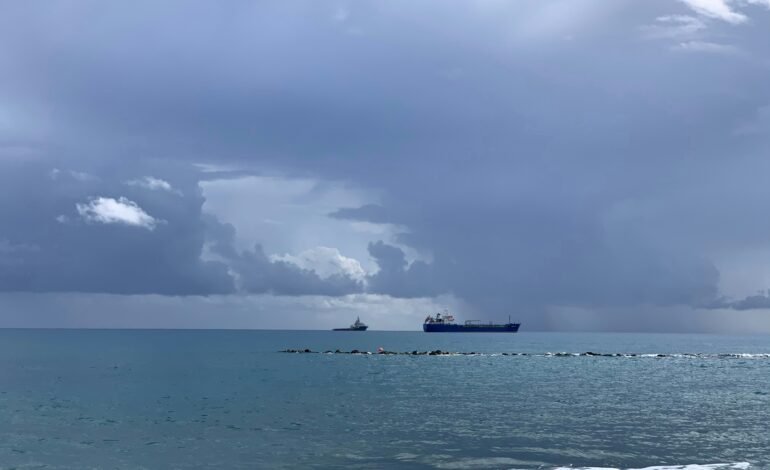The Caribbean Sea once again became a scene of military and diplomatic tension following the U.S.-ordered attack on a fast-moving ship that Washington claimed was transporting drugs from Venezuela and was linked to the Tren de Aragua criminal gang, recently designated a foreign terrorist organization by the Trump administration.
The incident occurred on September 2, 2025, in international waters near the Venezuelan coast. According to the Pentagon, the operation was carried out as part of interdiction missions against drug trafficking and resulted in the deaths of 11 crew members.
No US service members were injured.
President Trump confirmed the attack at a White House press conference, asserting that it was a "defensive and preventative action" against criminal networks that, he said, have found refuge in Venezuela under the protection of Nicolás Maduro's government.
"The Tren de Aragua is today the most dangerous criminal gang in Latin America, and we will not allow them to use the Caribbean as a drug highway to our country," the president declared.
Development of military action in the Caribbean
The military action was supported by U.S. Navy units deployed in the Caribbean since the beginning of the year as part of a naval reinforcement in the region. Military sources reported that the ship was detected using aerial and satellite surveillance systems, intercepted on the high seas, and ultimately destroyed after ignoring detention orders.
Shortly after, the Pentagon released a video of the operation in which an explosive device can be seen hitting the vessel. However, the Venezuelan government questioned the veracity of these images. Communications Minister Freddy Ñáñez stated that the video "could have been fabricated using artificial intelligence," accusing Washington of staging a "new media provocation" to justify a military escalation.
Venezuela responded to the attack on the drug ship
President Nicolás Maduro also spoke out, calling the attack an "act of imperial piracy" and holding Trump directly responsible for the deaths of the 11 crew members. "This is a cowardly aggression in waters near our territory, a flagrant violation of international law, and yet another blow against peace in our region," he said in a televised address.
The incident has heightened diplomatic tensions at a critical time. Caracas has requested intervention from the United Nations Security Council and recalled its ambassador to Washington for consultations.
Venezuela's allied countries, such as Nicaragua and Cuba, joined in the condemnation and denounced the action as an example of "imperialist interference."
For their part, security analysts warn that the operation represents a significant escalation in US anti-drug policy in the Caribbean.
Traditionally, these operations have been limited to cargo seizures or non-lethal interdictions; however, this incident sets a precedent that could have far-reaching implications for maritime law and hemispheric relations.
In contrast, groups opposed to the Venezuelan government in exile celebrated the operation as a sign of firmness against the Aragua Train, which they accuse of exporting its violence and criminal networks to several countries in the region, from Chile to the United States.
For now, the White House has not announced any new immediate actions, although senior defense officials confirmed that the U.S. Navy will maintain its reinforced presence in the Caribbean. The incident raises questions about how far Washington is willing to escalate its offensive against criminal networks originating in Venezuela, and how far Caracas will go in its diplomatic response.
For more stories like this, follow More Latin.
Sources:

